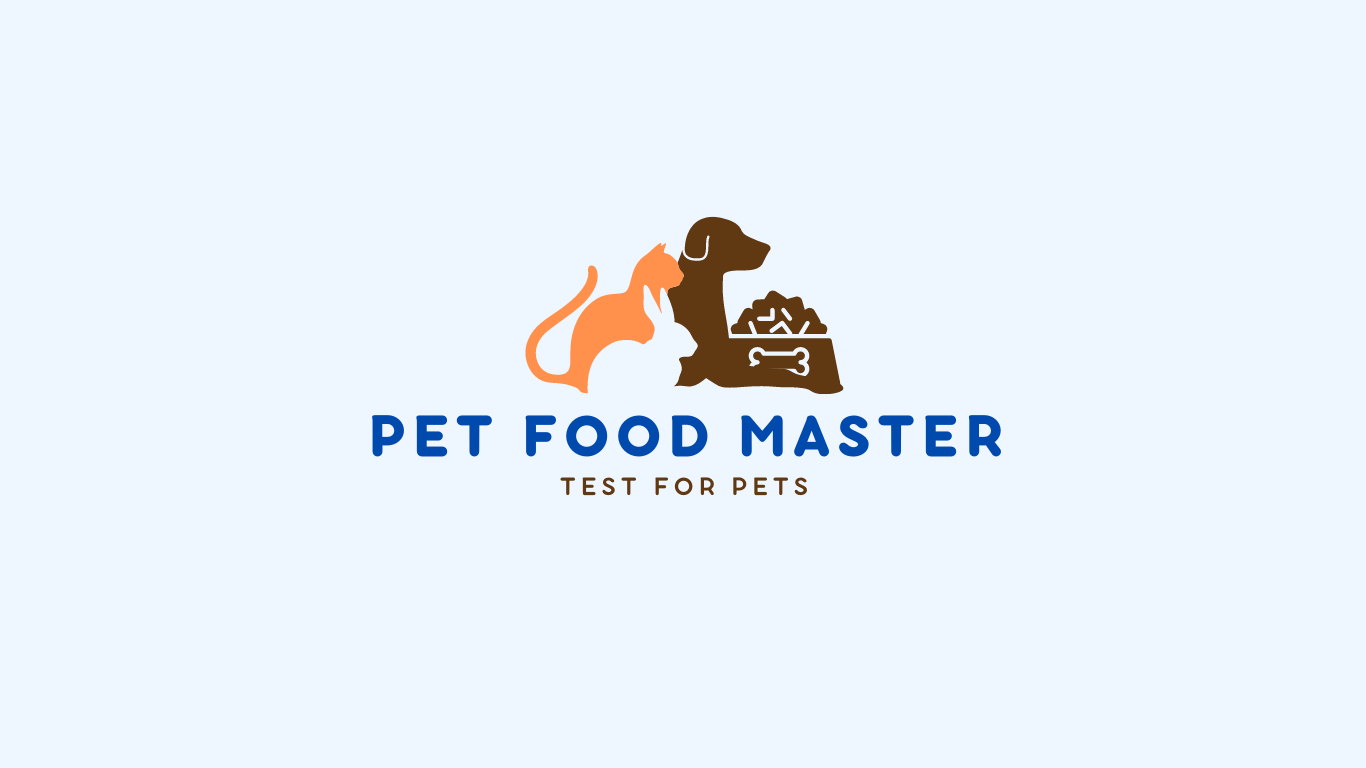Pet food protein: Daily Protein in pet's diet
The Importance of Protein in Your Pet's Diet
As pet owners, we all want what's best for our furry companions. From providing them with love and care to ensuring they have a safe and comfortable home, every decision we make is driven by our desire to see them thrive. One of the most critical aspects of pet care is nutrition, and at the heart of a healthy diet lies the essential nutrient: protein.
Understanding Protein:
Protein is not just a buzzword; it's a fundamental building block of life. Comprised of amino acids, protein plays a crucial role in the growth, development, and maintenance of every cell and tissue in your pet's body. From muscles and organs to enzymes and hormones, protein is the backbone of health for pets of all shapes and sizes.
Functions of Protein:
The importance of protein cannot be overstated when it comes to your pet's well-being. Here's a glimpse into the impo roles that protein plays in their bodies:
Muscle Health: Protein provides the essential amino acids needed to build and maintain strong, healthy muscles. This is especially crucial for active pets who rely on their muscle strength for agility and mobility.
Tissue Repair and Growth: Protein supports the repair and regeneration of damaged tissues, ensuring speedy recovery from injuries or illnesses. It also facilitates proper growth and development in growing pets, including puppies and kittens.
Immune Function: Amino acids found in protein are vital for the production of antibodies and immune cells, helping to strengthen your pet's immune system and defend against infections and diseases.
Enzyme and Hormone Synthesis: Many enzymes and hormones responsible for essential metabolic processes in your pet's body are made up of proteins. Without an adequate supply of protein, these vital functions may be compromised.
Energy Production: While carbohydrates and fats are the primary sources of energy for pets, protein can also be utilized for energy when needed, particularly during periods of high activity or stress.
Protein Requirements for Different Pets:
Every pet is unique, and their protein needs can vary based on factors such as species, breed, age, size, activity level, and life stage. Puppies and kittens, for example, require higher levels of protein to support their rapid growth and development, while senior pets may benefit from lower but still adequate protein levels to maintain muscle mass and overall health.
Sources of Protein in Pet Food:
Protein can be sourced from both animal and plant-based ingredients, each offering its own set of benefits. Animal-based proteins, such as meat, poultry, and fish, are considered complete proteins as they contain all the essential amino acids that pets need. Plant-based proteins, including grains, legumes, and vegetables, can also contribute to a pet's protein intake but may require careful balancing to ensure they provide all the necessary amino acids.
Choosing High-Quality Protein for Your Pet:
When selecting pet food, it's essential to prioritize high-quality protein sources to meet your pet's nutritional needs adequately. Look for products that list a named animal protein (e.g., chicken, beef, salmon) as the first ingredient and avoid foods containing excessive fillers or by-products. Additionally, consider your pet's individual preferences and any dietary restrictions or sensitivities they may have when choosing the right protein-rich diet for them.
Protein Myths and Misconceptions:
Despite its critical importance, protein in pet nutrition is not without its myths and misconceptions. One common misconception is that pets can never have too much protein. While protein is essential, excessive intake can strain the kidneys and may not provide additional benefits beyond a certain point. It's essential to feed your pet a balanced diet that meets their protein needs without overdoing it.
Conclusion:
In conclusion, protein is the cornerstone of your pet's diet and plays a vital role in their overall health and well-being. By understanding the importance of protein and choosing high-quality protein sources for your pet's meals, you can help ensure they lead a happy, healthy life for years to come. Stay tuned for more insights and tips on pet nutrition as we continue our journey together toward optimal pet care.
Product Suggestion:
BLACKDOG CHICKEN BREAST 1KG, All (B197)
Product description:
Small to medium slices of pure chicken breast combined with a select few ingredients to maintain softness. Blackdog Chicken Breast is an all time favourite, truly delicious and healthy high-protein treat for your dog.
Ingredients:
CHICKEN BREAST MEAT, SOY PROTEIN, GLYCERINE (VEGETABLE), SALT, SORBITOL, COMPOSITE PHOSPHATES (450, 451, 452), VITAMINS C & E
Directions:
BLACKDOG recommends that all treats should be given under responsible supervision.
Price: A$39.60 (1 Kg)
Click Here

